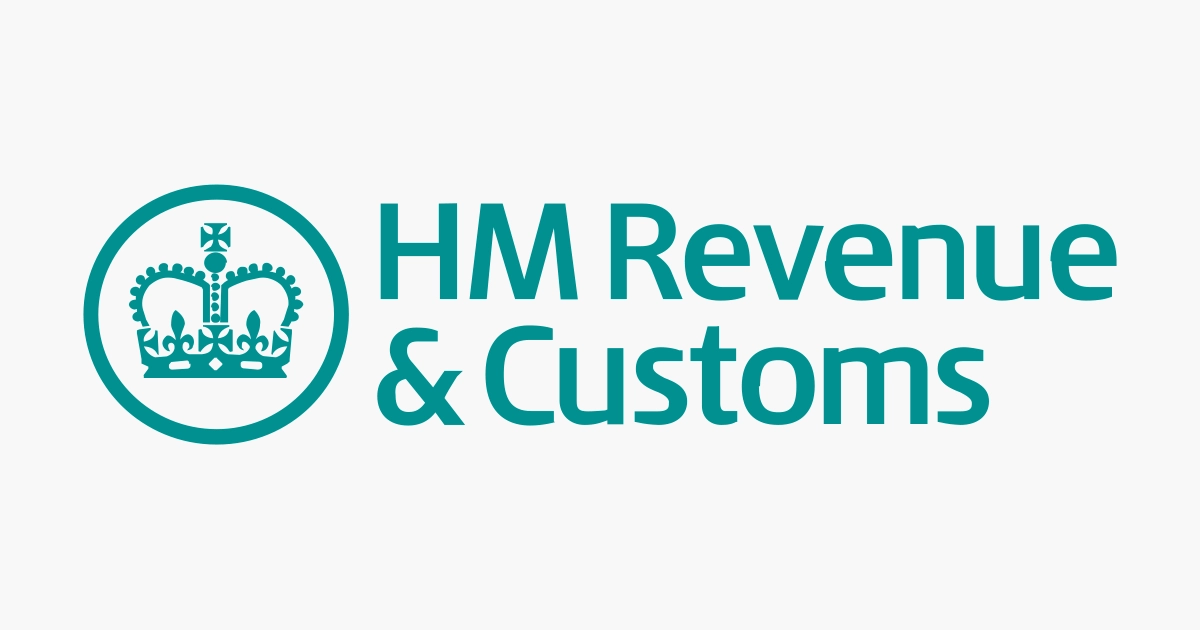Moving to a new country comes with many changes, especially when it comes to understanding how the local tax system works. I remember when I first moved to the UK. I could never get used to the darkness at 4pm in winter. It would be a few years before I fully understood UK taxes.
If you’ve recently moved to the UK, one of the first government departments you’ll hear about is HMRC — short for His Majesty’s Revenue and Customs. This article will help you understand what HMRC does, why it’s important, and what you need to know as a newcomer, including information about your National Insurance number.
What Is HMRC?
HMRC is the UK government department responsible for collecting taxes, paying certain benefits, and enforcing rules such as the minimum wage. It ensures that individuals and businesses pay the correct amount of tax and receive the support they’re entitled to.
You’ll deal with HMRC for things like:
- Income Tax
- National Insurance
- Self-employment registration
- Tax returns
- Child Benefit
- Tax credits (if applicable)
Why Is HMRC Important?
Understanding HMRC is important because it helps you stay legally compliant and financially organised. Whether you’re employed, self-employed, or starting a business, HMRC tracks your income and tax contributions.
Failing to register or provide accurate information can lead to fines or delays in receiving benefits (if entitled). Keeping your details up to date with HMRC is essential.
What Is a National Insurance Number?
Your National Insurance (NI) number is a unique personal ID used to track your tax and National Insurance contributions. Everyone who works or claims benefits in the UK needs one.
You’ll need your NI number for:
- Getting paid by an employer
- Paying the correct tax
- Accessing benefits like Universal Credit (when entitled)
- Contributing towards your State Pension
If you don’t have an NI number yet, you can apply for one online through the UK Government website (GOV.UK). You may be asked to attend an identity interview, especially if you’re new to the UK.
How to Register with HMRC
If you are employed, your employer will usually handle your tax and National Insurance through a system called PAYE (Pay As You Earn). You will see these deductions on your payslip.
If you’re self-employed, you need to register with HMRC yourself. This is usually done online and must be completed soon after you start earning money.
Once registered, you’ll be responsible for submitting a Self-Assessment tax return every year, declaring your income and expenses.
Keeping Your Information Updated
It’s important to inform HMRC if:
- You change your name or address
- You become self-employed
- You stop working or leave the UK
You can manage most of your details through your Personal Tax Account on the GOV.UK website.
Final Thoughts
Understanding HMRC may seem overwhelming at first, but it’s a vital part of living and working in the UK. By staying informed and keeping your records accurate, you can ensure you’re paying the right amount of tax and accessing the benefits you’re entitled to.
If you’re ever unsure, HMRC offers support through their helpline, online services, and guidance pages. Learning the basics now will help you avoid confusion — and potential penalties — later on.
One great tip is – if you are looking for work, HMRC do undertake mass recruitment regularly. Keep an eye on their careers website.





